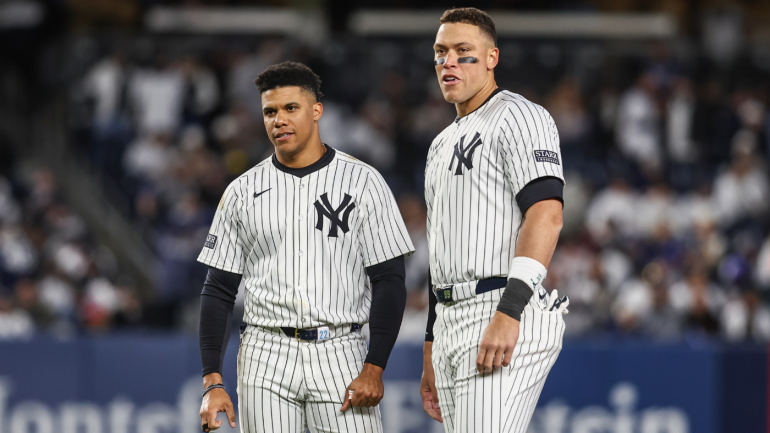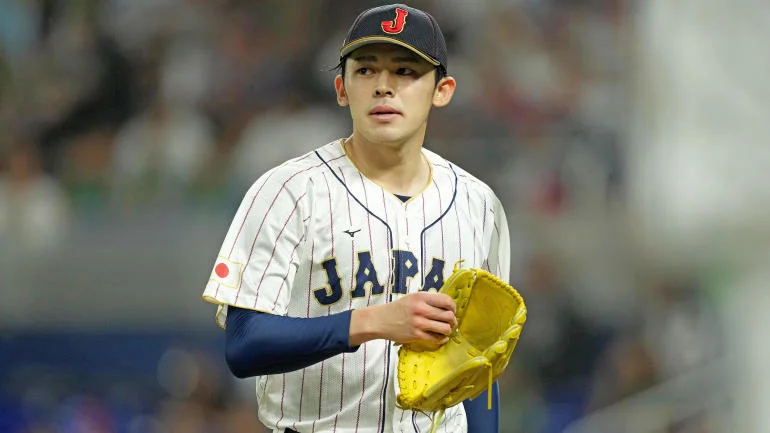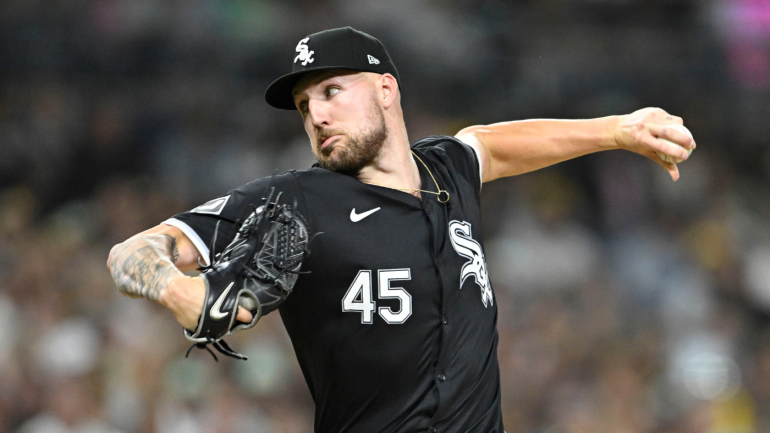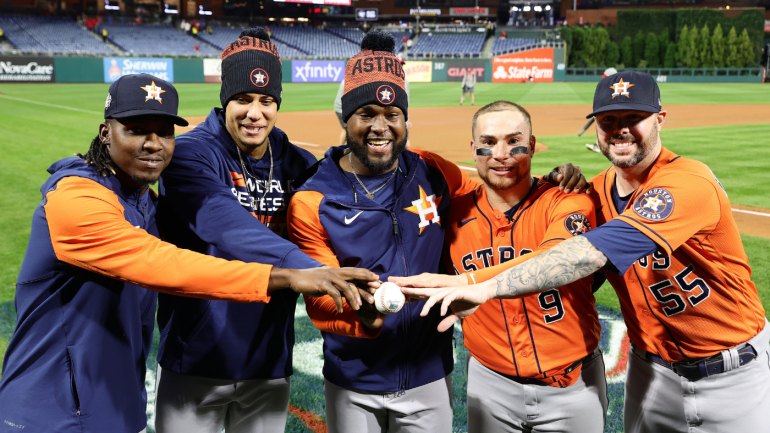When I was a young kid, the extent of extra coaching available to me was really limited to the camps that local colleges and high schools ran. You’d get a little bit of time with the head coach, and work with the players for a few hundred dollars. When I got to college, I was on the other side of those camps. I would run soft toss stations, catch bullpens, and give feedback to kids.
It’s a great way to get a crash course and learn some of the ropes from players who are at a much higher level than yourself. Yet there’s a continually rising demand for private baseball coaching. Focused, attentive, one on one coaching has increased significantly in the last few years. It provides kids with access to a wealth of knowledge they wouldn’t normally be able to access.
Yet, it can cause frustration for parents and players at times. In my times coaching different kids, I’ve noticed that I don’t agree with what all coaches teach, nor do I teach or emphasize the same aspects of the game. This is not wrong in any way, but can cause a player to become frustrated and question what they should be working on.
I took a chance to speak with my younger brother. He’s been trying to walk the baseball player path since he could walk, and I’ve always been trying to help him along the way. Coaching tips that help, coaching tips that don’t, and trying to always be supportive. I tried to get a glimpse into who he looks at in the MLB, what he works on during his own training, and what his favorite parts of the game are.
Question: Favorite part of playing baseball?
Answer: The work that pays off in the end. When you’re doing the fundamental drills that seem so stupid that you don’t think you need, that will help you get to the advanced stuff. Seeing the results from that work is awesome.
Question: What’s your favorite drill? Why?
Answer: It’s probably just hitting in the cage. You’re not in a game, not on a field, yet it’s almost like you have to pretend you are. When you go into it in the cage, you want to think about different situations while you’re in there.
Question: What’s the hardest part of working with so many different coaches? How do you balance the different information you receive?
Answer: The hard part is all the different views of what baseball should be. I will mostly go with what the coach I’m playing for now says. In the offseason, if I’m still playing for that coach, then we’ll work on some of the things he talks about. Knowing a lot of the different plays is hard too.
Question: What has been the most helpful coaching advice you’ve received?
Answer: Probably: stay focused on what you’re trying to do. Well, if you have a certain goal for a season that you want to accomplish, and you want to focus on that one goal if that’s your only goal. If you have multiple, you have to balance out which one you’re working on to accomplish all of them.
Question: What’s your main goal for the upcoming season?
Answer: Probably be a regular pitcher. With the pitching depth that exists on the team it will be difficult to become a regular pitcher, so that’s my goal.
Question: Who are some of the MLB players you imitate in your game?
Answer: Right now, Harper for lower body action, and Trout for the upper half. I replicate those two because for Harper has to have a good lower body because he throws right and bats left, so he has to generate the power from his lower half. Trout keeps short and quick and then extends through the ball, and I want to replicate that with my swing.




